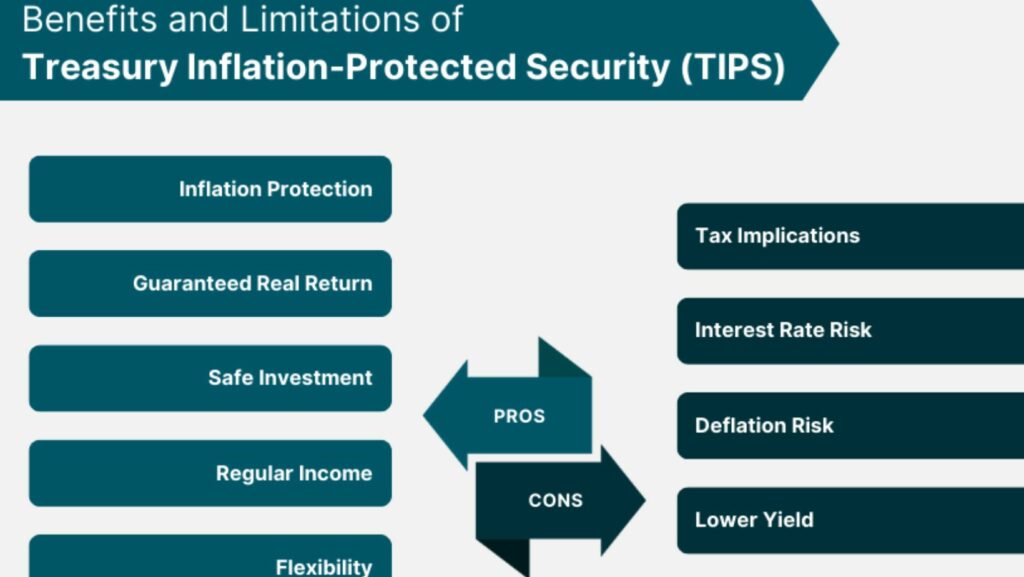Investing in the stock market can be challenging, especially when trying to separate genuine opportunities from hype. Every investor aims to maximize returns while minimizing risks. The foundation of achieving this lies in understanding accurate stock valuation. Knowing a company’s intrinsic value helps investors identify undervalued or overvalued stocks, ensuring smarter long-term decisions. One powerful tool that assists in this process is Alpha, which provides data-driven insights to support strategic investment choices.
Understanding Stock Valuation
Stock valuation is the process of determining a stock’s true worth based on a company’s financial health, market position, and growth potential. It goes beyond just observing the current stock price or market sentiment. Accurate valuation requires analyzing revenue, profit margins, debt, cash flow, and competitive advantages. This comprehensive approach allows investors to determine whether a stock is trading at a fair price or if it is undervalued or overvalued.
Traditional methods of stock valuation include discounted cash flow (DCF) analysis, price-to-earnings (P/E) ratios, and book value assessments. Each method offers a different perspective on a company’s financial strength. However, applying these methods manually can be complex and time-consuming. This is where Alpha becomes invaluable, simplifying the valuation process by consolidating financial data, historical trends, and market intelligence into actionable insights.
The Role of Alpha in Investment Decisions
Alpha is a critical metric and tool for investors seeking to outperform the market. In finance, alpha represents the excess return of an investment relative to a benchmark index. A positive alpha indicates that a stock or portfolio has outperformed the market after adjusting for risk, while a negative alpha suggests underperformance. Using tools branded as Alpha or investment platforms leveraging alpha calculations, investors can identify high-potential stocks that align with long-term strategies.
The advantage of incorporating Alpha into stock valuation lies in its ability to combine quantitative and qualitative data. Investors can review metrics like revenue growth, earnings stability, debt ratios, and profit margins, all in one place. This data-driven approach allows for more accurate estimations of intrinsic value, reducing reliance on speculation or emotional decision-making.
Key Metrics for Accurate Stock Valuation

For long-term investing, understanding the right metrics is essential. Accurate stock valuation requires attention to several key financial indicators:
- Price-to-Earnings (P/E) Ratio – Shows the relationship between a company’s stock price and its earnings. A lower P/E might indicate undervaluation.
- Revenue and Earnings Growth – Companies with consistent growth are more likely to deliver sustainable returns.
- Debt-to-Equity Ratio – Indicates how much leverage a company uses. Lower ratios often mean lower financial risk.
- Free Cash Flow – Reflects a company’s ability to generate cash for reinvestment or shareholder returns.
- Profit Margins – High margins suggest operational efficiency and pricing power.
Tools like Alpha make it easier to analyze these metrics comprehensively, helping investors spot opportunities that might be overlooked through casual market observation.
Identifying Undervalued Stocks
A significant benefit of accurate stock valuation is identifying undervalued stocks with long-term growth potential. Undervalued stocks trade below their intrinsic value, offering investors the chance to buy at a discount before the market recognizes their true worth.
Using Alpha, investors can compare multiple companies in the same industry, identify discrepancies in valuation, and focus on stocks with strong fundamentals yet lower market prices. For example, a company with robust earnings growth and minimal debt may have a temporarily depressed stock price due to short-term market fluctuations. Accurately assessing this using Alpha provides the confidence to invest early, potentially achieving superior long-term returns.
Avoiding Overvalued Stocks
Just as it’s crucial to identify undervalued stocks, accurate valuation helps investors avoid overvalued stocks. Overvalued stocks trade above their intrinsic value, often driven by hype or speculative market trends. Investing in such stocks carries higher risk, as any market correction can result in significant losses.
With Alpha, investors can cross-check a stock’s market price against its intrinsic value, ensuring decisions are based on fundamentals rather than trends or speculation. This disciplined approach helps preserve capital and maintain steady portfolio growth, which is essential for long-term investing success.
Long-Term Investing and Market Volatility
Long-term investing requires patience, as short-term market fluctuations are inevitable. Accurate stock valuation acts as a guiding compass in turbulent times, allowing investors to remain focused on the bigger picture. By consistently applying valuation metrics and leveraging tools like Alpha, investors can differentiate between temporary market swings and genuine changes in a company’s financial health.
Market volatility often tempts investors to make impulsive decisions. However, disciplined valuation strategies ensure that investments are grounded in data, reducing the likelihood of emotional mistakes. Over time, this approach can compound wealth and generate reliable returns.
Comparing Companies and Industries
Accurate stock valuation is not just about analyzing a single company; it’s also about understanding its position within the industry. Investors need to compare companies on metrics like growth potential, profitability, and risk factors.
Alpha simplifies this by offering comparative analytics. Investors can quickly see which companies are outperforming their peers and which may be lagging behind. Such comparisons reveal hidden opportunities and guide capital allocation decisions, increasing the probability of achieving long-term financial objectives.
Risk Management through Valuation
Risk management is a vital component of investing. Accurate stock valuation helps manage risk by providing a realistic view of a stock’s potential. Investors can assess downside risk, determine stop-loss levels, and diversify portfolios more effectively.
Incorporating Alpha into this process enhances risk assessment by offering predictive insights and highlighting potential market shifts. With this knowledge, investors can make informed decisions that balance growth opportunities with capital preservation, ensuring steady progress toward long-term goals.
Conclusion
Accurate stock valuation is the cornerstone of smart investing. By understanding a company’s intrinsic value, investors can identify undervalued opportunities, avoid overpriced risks, and make informed long-term decisions. Tools like Alphasimplify the process, offering a comprehensive view of financial metrics, industry comparisons, and market insights.
Investing is inherently uncertain, but with disciplined valuation strategies and the right analytical tools, investors can navigate market fluctuations confidently. Accurate stock valuation, supported by Alpha, empowers investors to transform data into actionable decisions, turning informed insights into long-term financial success.



